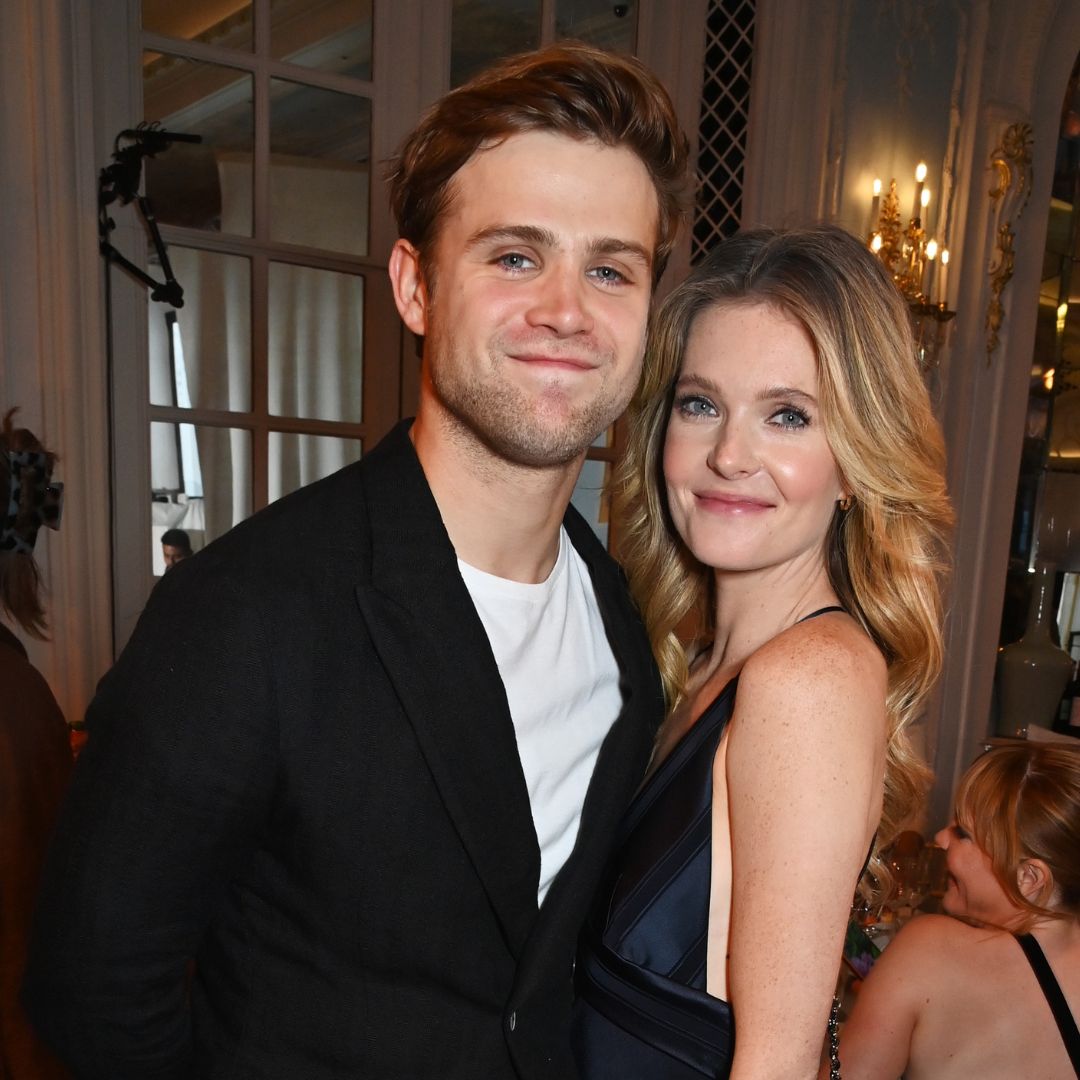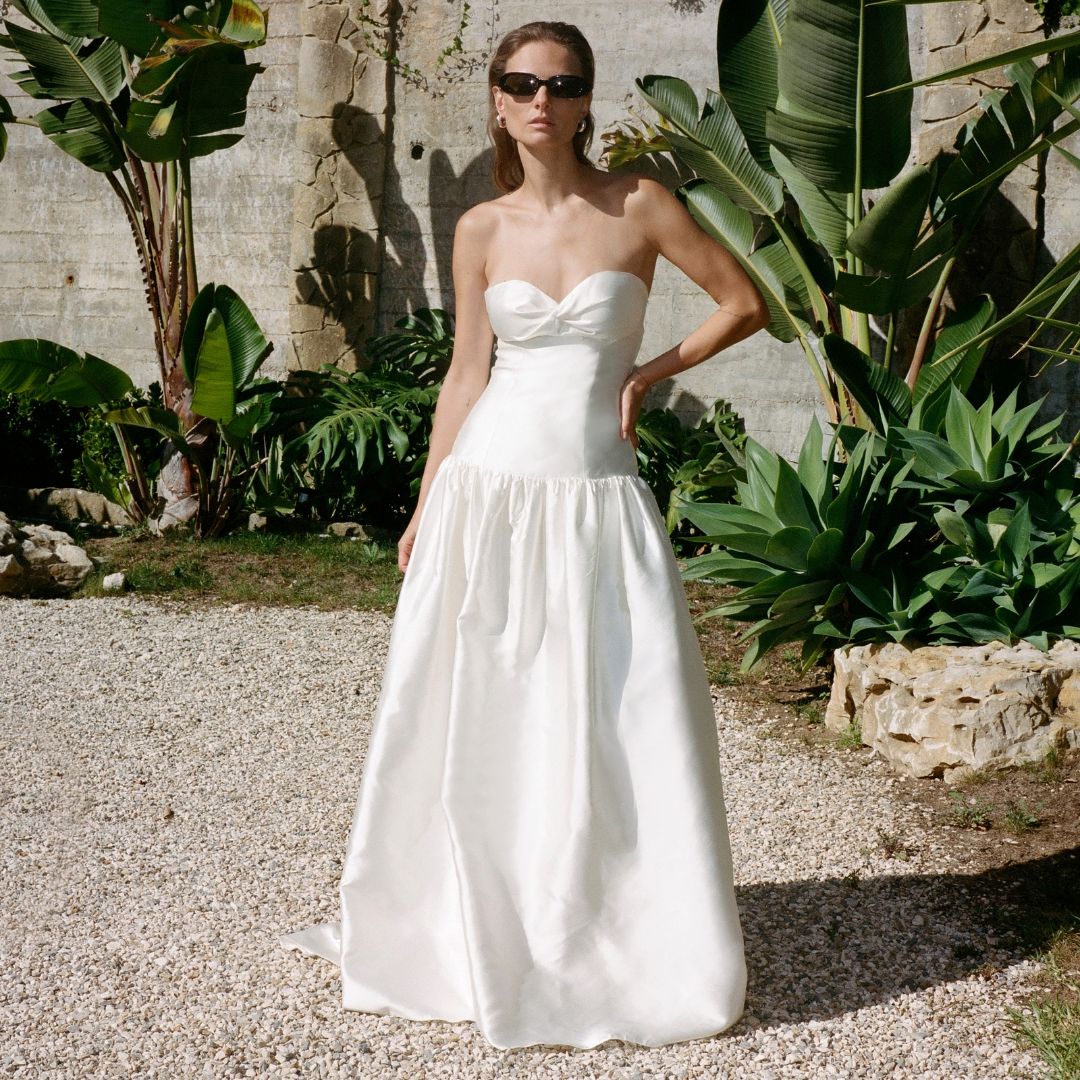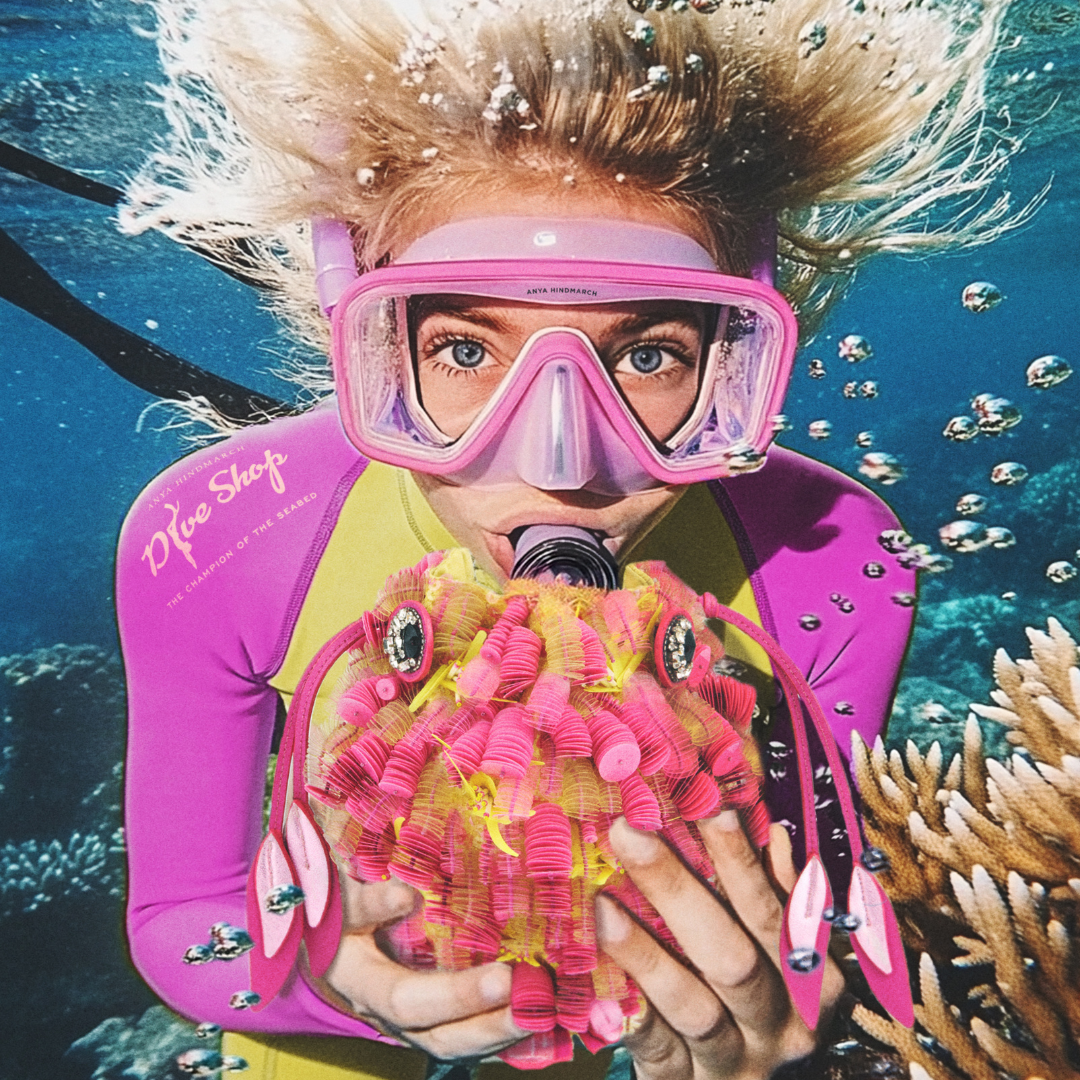Emily Ratajkowski's Powerful Essay On Body-Shaming And Defining Sexy On Her Own Terms
‘To me, "sexy" is a kind of beauty, a kind of self-expression'

‘To me, "sexy" is a kind of beauty, a kind of self-expression'
In a new essay for Lena Dunham’s online storytelling/newssharing platform, Lenny Letter, 24-year-old actress Emily Ratajkowski writes about the empowering experience of defining sexy on her own terms.
Ratajkowski has endured several headline-making instances of sexist criticism and body-shaming during her career - that Blurred Lines video and her endorsement of US presidential candidate Bernie Sanders. Both events sparked social media storms - the actress was underestimated and objectified.
In the essay penned for Lenny, Ratajkowski reveals several occassions when, as an adolescent and young adult, people warned her of the power of her developing sexuality and urged her to censor herself - the things she said and the way she presented herself. She reflects on how female sexuality is perceived and addresses insidious and more explicit forms of body-shaming and sexist criticism that women are subjected to.
What is it like to model from the age of 15? Ratajkowski responds to the question with interesting observations about her earliest professional experiences compared to how ‘Teachers, friends, adults, boyfriends’ responded to her transition to womanhood around the same time.
‘I was modeling only occasionally at that time, but I found the same people who faulted the modeling industry for being oppressive and sexist were frequently missing entirely their own missteps and faux pas. Their comments felt much more personal and thus landed that much harder.’
She also muses on the messages we send as women. The ones we’re told to project, the ones we choose for ourselves and the ways in which society expects us to conform to certain ideals:
Marie Claire Newsletter
Celebrity news, beauty, fashion advice, and fascinating features, delivered straight to your inbox!
‘The implication is that to be sexual is to be trashy because being sexy means playing into men's desires,’ writes Ratajakowski ‘To me, "sexy" is a kind of beauty, a kind of self-expression, one that is to be celebrated, one that is wonderfully female. Why does the implication have to be that sex is a thing men get to take from women and women give up?’
Tomorrow my @lennyletter essay entitled "Baby Woman" is released! This piece of writing is near and dear to me. Sign up today to have it in your email tomorrow AM! Link in bio. Many thanks to @lenadunham ❤️A photo posted by Emily Ratajkowski (@emrata) on Feb 15, 2016 at 9:03am PST
Ratajkowski goes on to explore the narrow ‘sexy’ stereotype young women have access to during their formative years:
‘Most adolescent women are introduced to "sexy" women through porn or Photoshopped images of celebrities. Is that the only example of a sexual woman we will provide to the young women of our culture? Where can girls look to see women who find empowerment in deciding when and how to be or feel sexual? Even if being sexualized by society's gaze is demeaning, there must be a space where women can still be sexual when they choose to be.’
Ratajakowski also addresses the complex tangle of emotions that influence the way we see ourselves and are conditioned to view other women – things like shame, guilt, envy.
Fundamentally, she refuses to be apologetic - she is determined to define sexy on her own terms, shame-free and finds empowerment in that process.
The leading destination for fashion, beauty, shopping and finger-on-the-pulse views on the latest issues. Marie Claire's travel content helps you delight in discovering new destinations around the globe, offering a unique – and sometimes unchartered – travel experience. From new hotel openings to the destinations tipped to take over our travel calendars, this iconic name has it covered.
-
 Here's a rundown of The White Lotus cast members who have dated in real life
Here's a rundown of The White Lotus cast members who have dated in real lifeBy Jenny Proudfoot
-
 All the coolest brides are wearing drop-waist wedding dresses this year
All the coolest brides are wearing drop-waist wedding dresses this yearWedding Special Minimalist, nostalgic, and universally flattering
By Clementina Jackson
-
 Anya Hindmarch has just launched a fantastical diving shop in central London
Anya Hindmarch has just launched a fantastical diving shop in central LondonFor those who would rather be beside the seaside...
By Sofia Piza